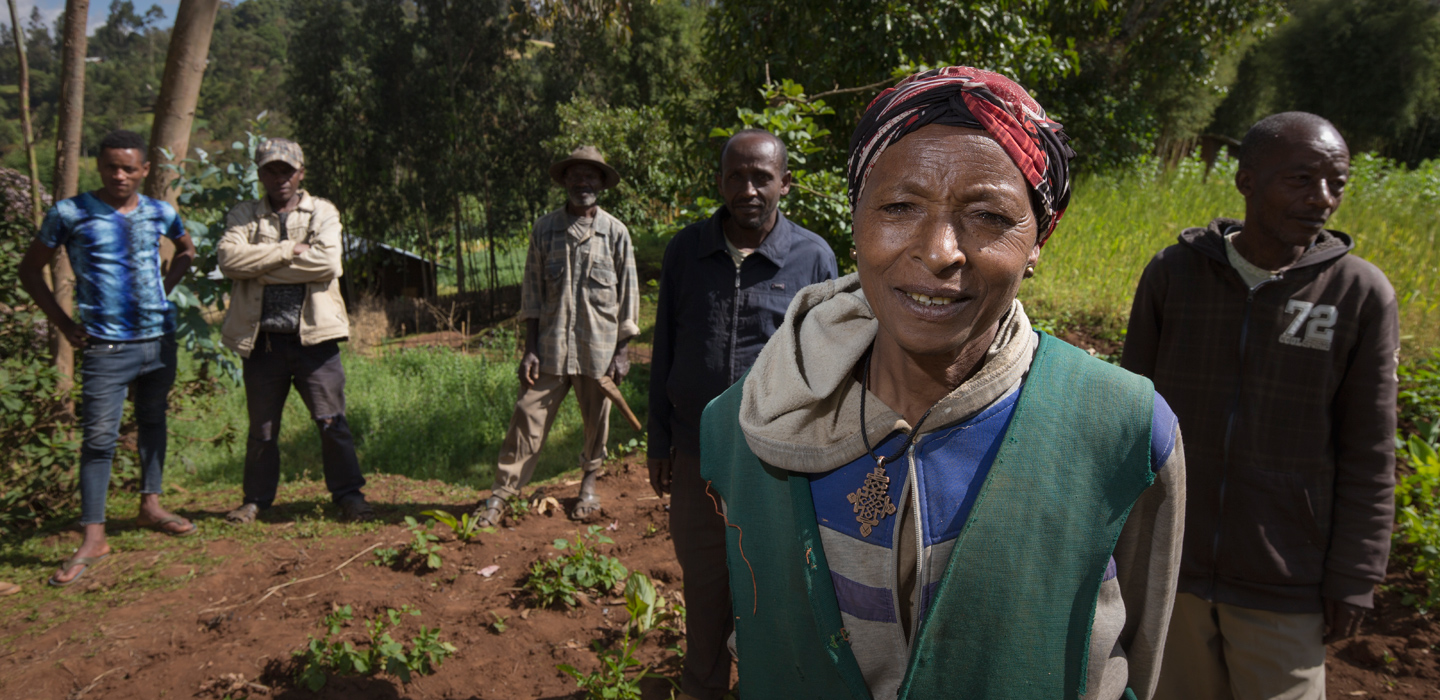Targeting

Targeting
Menu Display
Targeting
Focusing efforts to create opportunities for rural poor people
Why is targeting necessary?
IFAD is the only international financial institution that focuses exclusively on smallholder farmers and rural development. We are committed to rural poverty reduction through equitable, sustainable and inclusive development. To improve its contribution to the 2030 SDGs Agenda of eradicating poverty in all its forms and in line with the Leave No One Behind framework, IFAD has committed to improve its targeting performance.
IFAD’s experience, like that of others, shows that social and economic inequalities will persist or increase without focused efforts to create opportunities for rural poor people, including the poorest and most vulnerable or to modify the unequal power relations that contribute to generating poverty.
What does IFAD mean by targeting?
IFAD defines targeting more broadly as the set of purposefully designed actions and measures which ensure, or at least significantly increase the likelihood, that specific groups of poor people - and women and men equally - will benefit from the development initiatives it supports; while at the same time diminishing the risk that the less poor will benefit disproportionately.
Who is IFAD's target group?
IFAD's mandate defines its target group as rural people living in poverty and experiencing food insecurity in developing countries. Within this broad group, IFAD’s comparative advantage lies in its targeting of the poorest, the poor and the vulnerable peoples and those who are most likely to have little access to assets and opportunities due to social exclusion and marginalization (e.g. women, young people, indigenous peoples, persons with disabilities, people living in fragile situations, etc.).
Traditionally, IFAD focuses on poor rural people who have the potential to take advantage of improved opportunities for agricultural production and rural income-generating activities. For the poorest people who cannot take advantage immediately, the Fund will proactively promote a gradual approach to facilitate their access to resources and enable them to benefit from interventions in the future.
IFAD's approach to targeting
IFAD has revised the operational guidelines on targeting to provide clear guidance on how to go about targeting various groups along the project cycle from COSOP to completion.
Related documents
Related documents
IFAD Poverty Targeting Policy 2023
Targeting ensures that IFAD reaches, benefits and empowers its target group, that is people living in poverty in rural areas, as well as vulnerable populations at risk of falling into poverty in rural geographies.
Revised Operational Guidelines on Targeting
Revised Operational Guidelines on Targeting - Annexes
IFAD targeting policy: Reaching the rural poor
The purpose of this policy is to provide a clear definition of IFAD’s target group and establish a shared conceptual understanding of targeting.